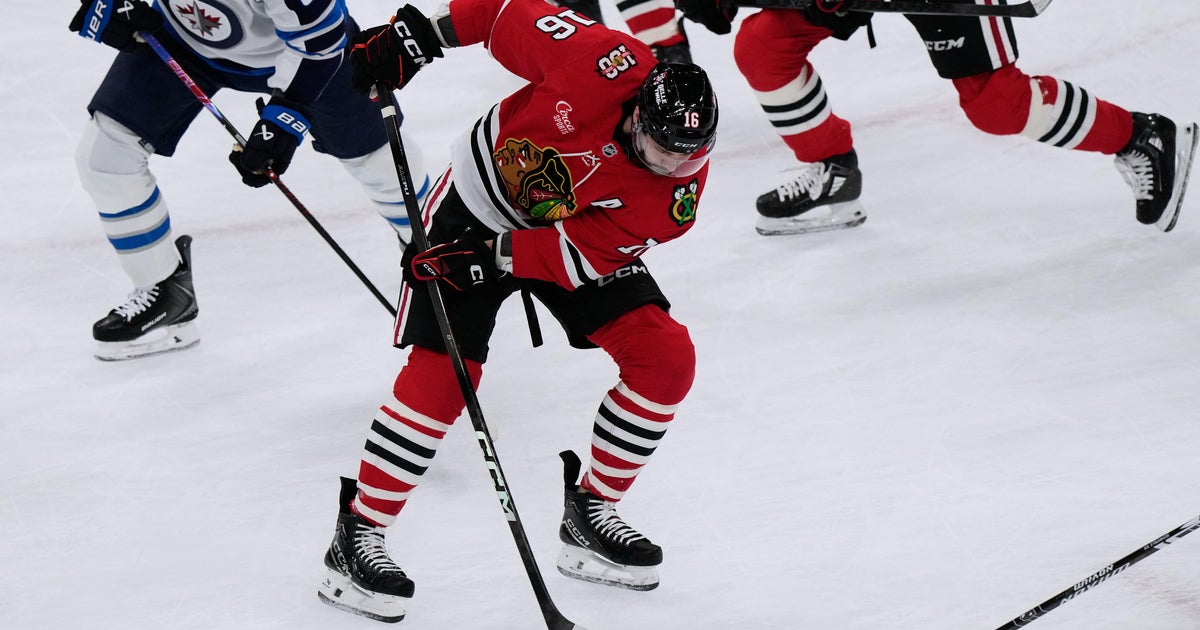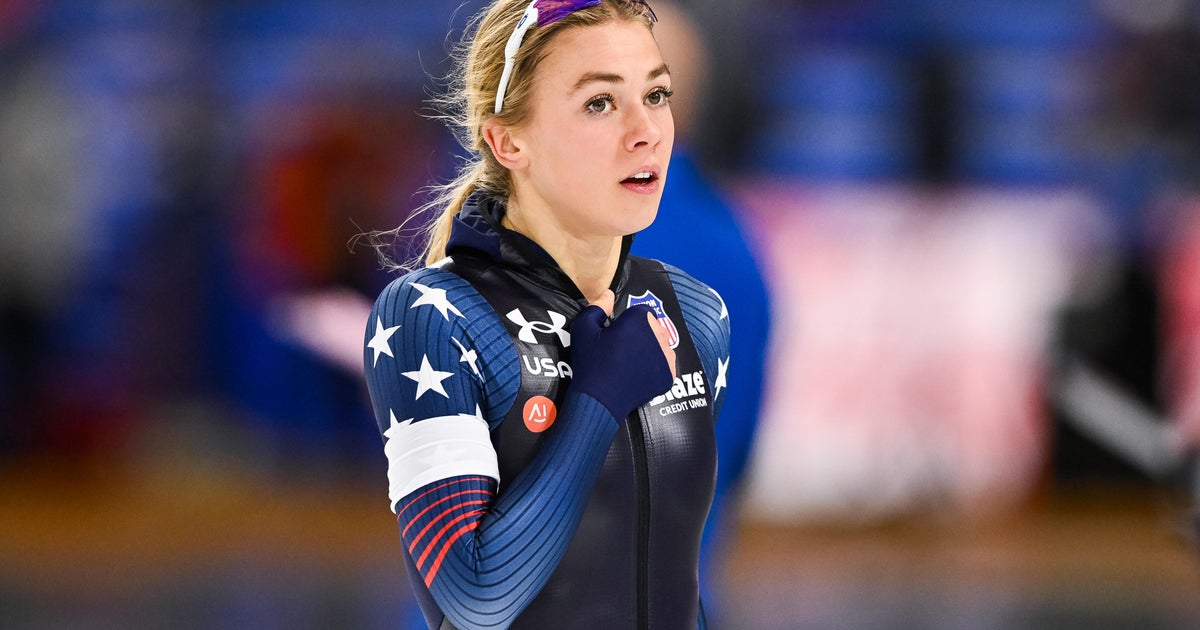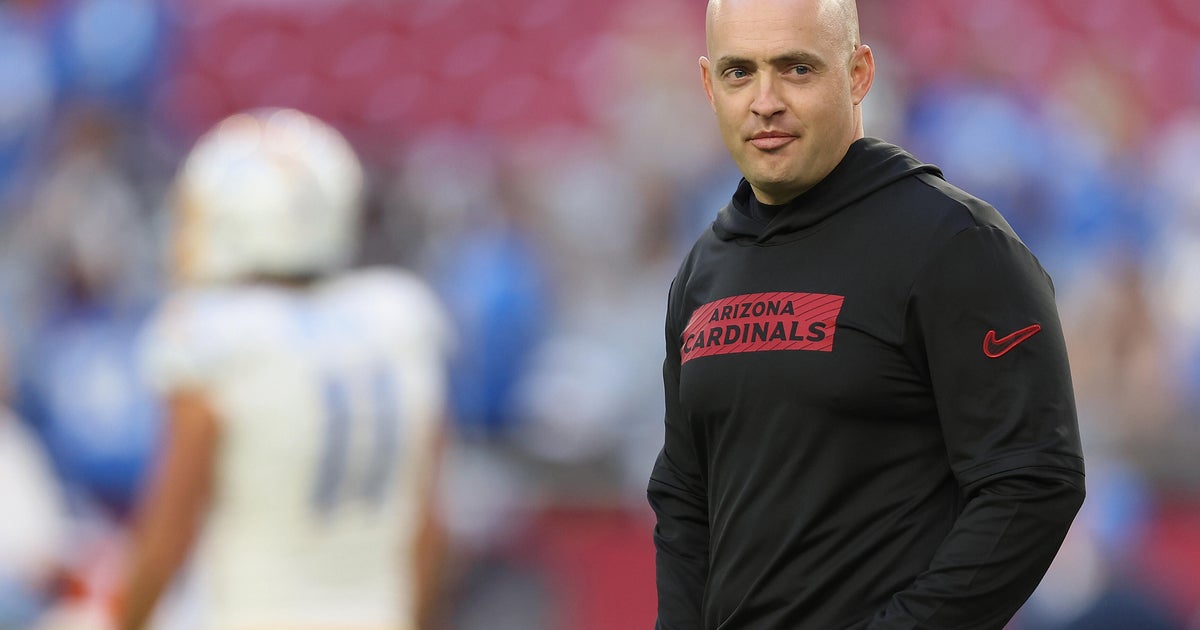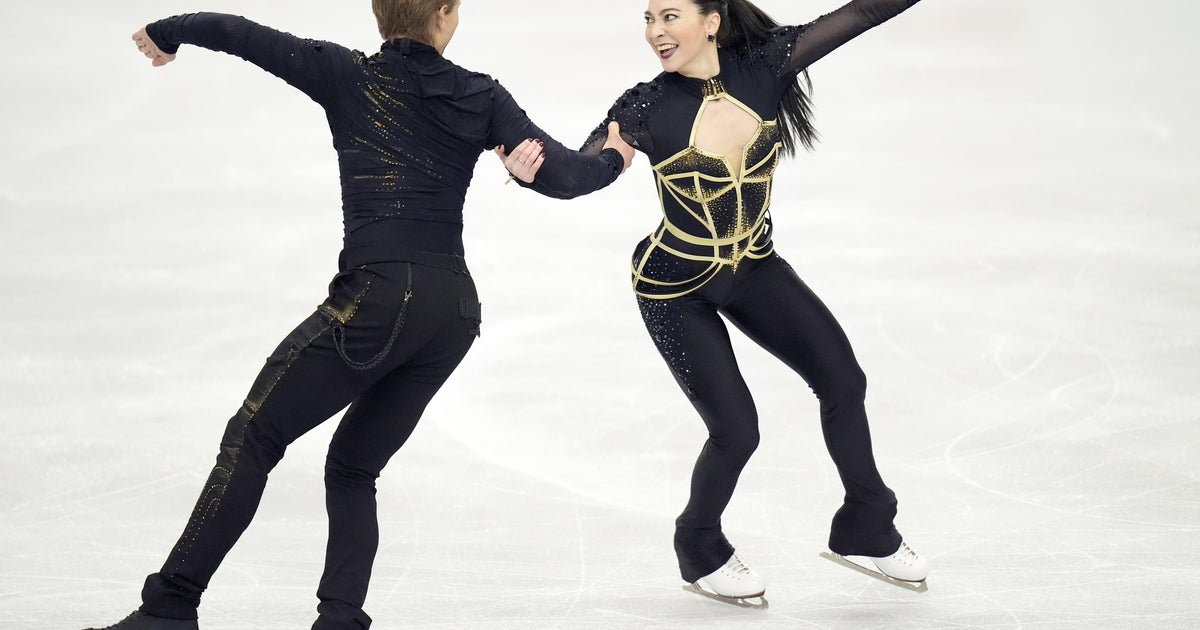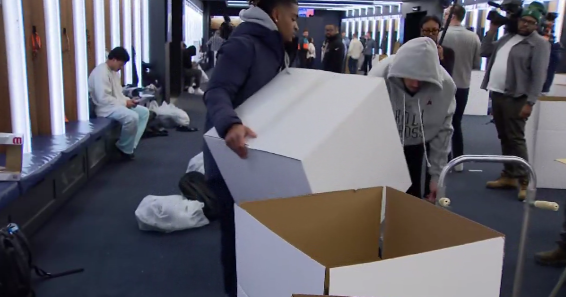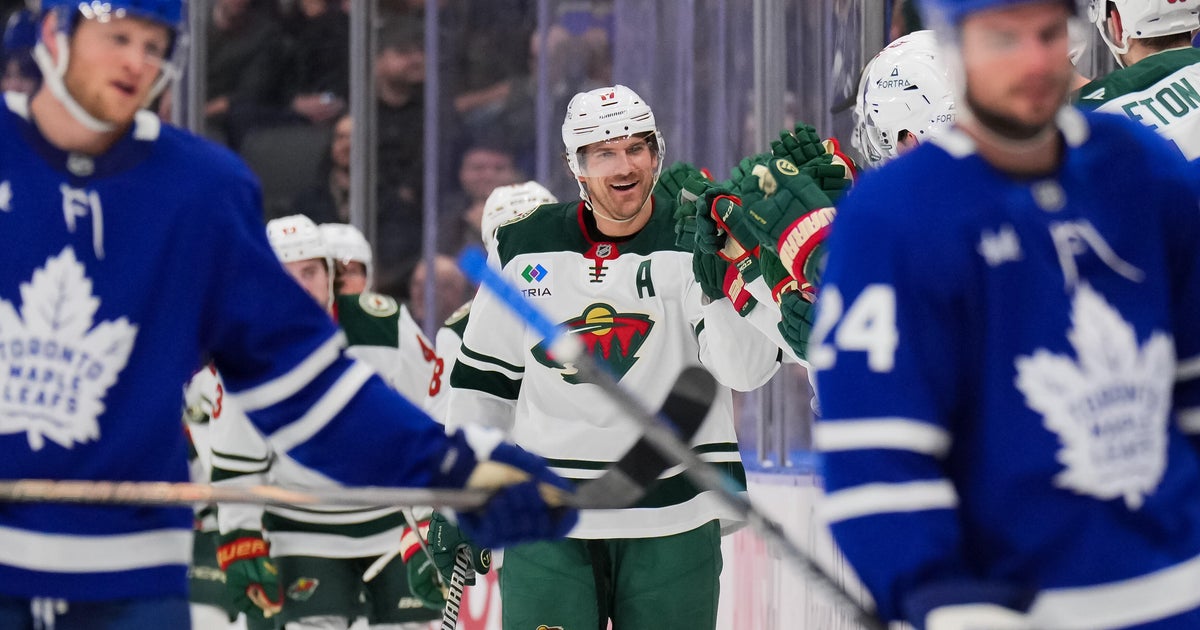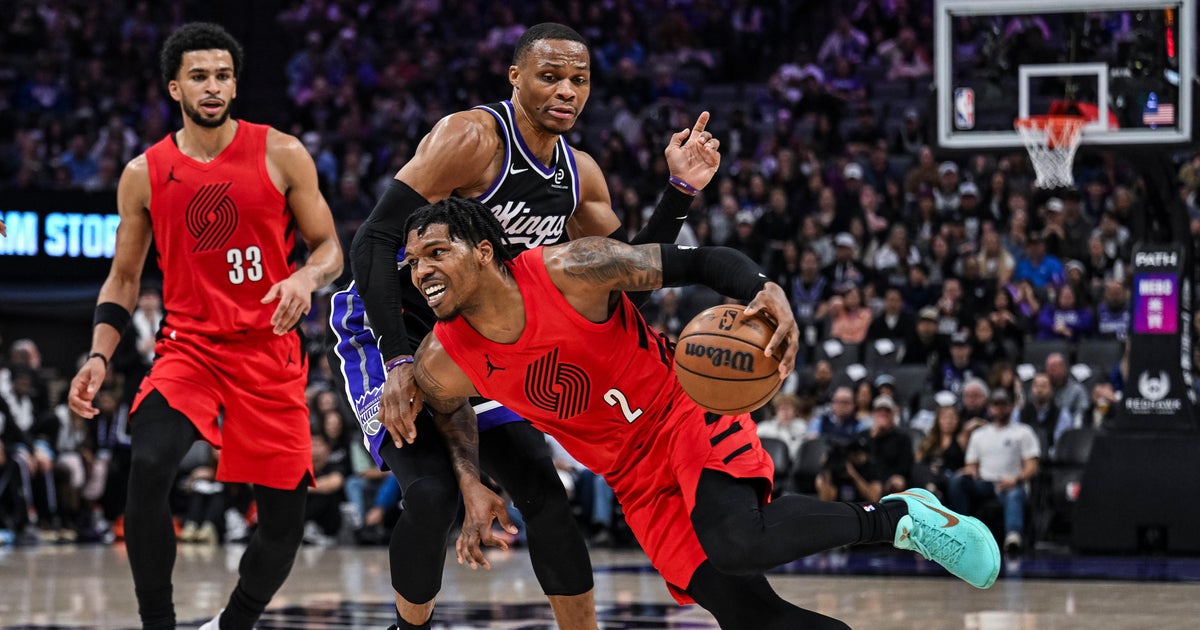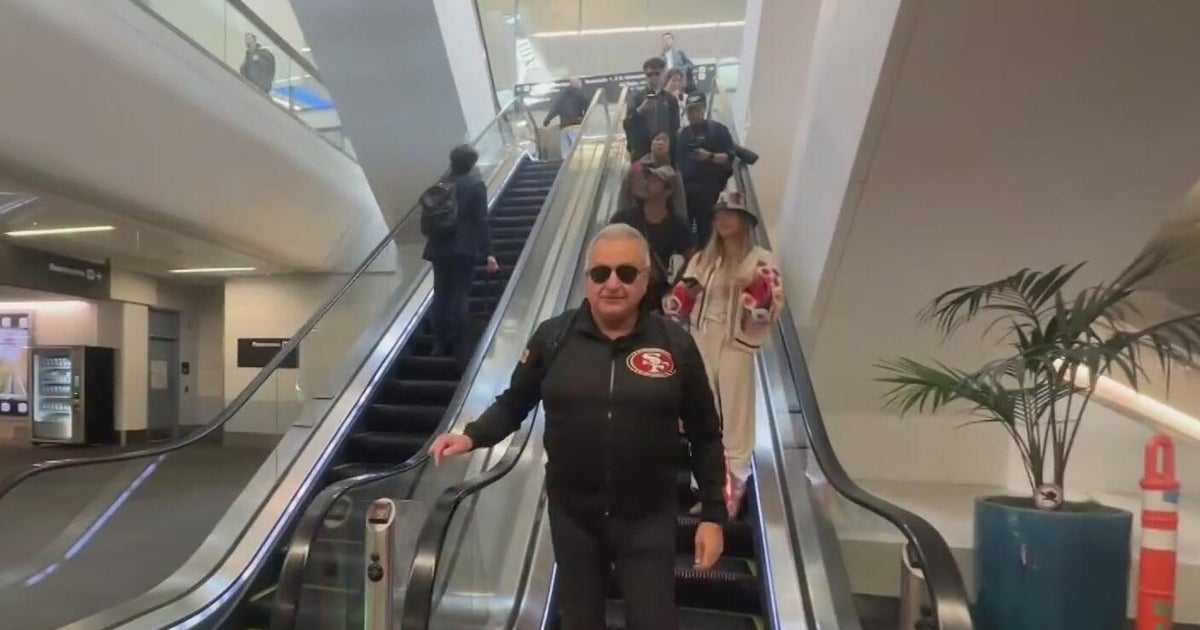Lichtenstein: Olympic Work Stoppage Is A Good Thing For NHL Fans
By Steve Lichtenstein
» More Columns
I have no problem with the NHL shutting its doors every four years.
No, I'm not talking about another labor dispute. It's time for the Olympics, which means the league's best are en route to Russia while its teams take a 17-day hiatus.
There's a small part of me that understands how some in the league see this as a quadrennial nuisance, which is why it is bandied about at each Games that this one will surely be the pros' last. Unlike basketball, hockey players' participation occurs smack in mid-season. It's disruptive, there's too much risk of injury -- yada, yada, yada.
Sure, it would be a shame any time a team loses a player to an injury. But it's not like these guys have a heavy workload. The top teams at the Olympics will play six games.
Going back to a basketball parallel for a second, Nets star point guard Deron Williams showed up at training camp with a damaged ankle incurred during the Olympics that adversely affected his play for most of the 2012-13 season. And Williams showed up at training camp with a damaged ankle incurred during private offseason workouts that has so far adversely affected his play for most of the 2013-14 season. Injuries are unpredictable and there's no way to prove that they wouldn't have happened if the player was in an NHL game instead of the Olympics.
Of course, those dissenters inside the league have no problem running a pre-season World Cup, where — shock! — its teams get to keep the net income generated by the games. This is the National Hypocrisy League after all.
International tournaments like the Olympics produce the highest-quality hockey that will be played all year, better than even the Stanley Cup Final. Every game among the consensus top six teams is an NHL All-Star Game. That the players actually care about winning. No one declines an invitation unless a bone is sticking out of them. I'll take one Czechoslovakia-Sweden over a dozen Columbus-Nashville games any day.
And every time the U.S. suits up, well, my family knows those games will be of paramount importance in this house.
I'm old enough to remember where I was on February 22, 1980. It's my November 22, 1963, only this event was accompanied by the completely opposite reaction of euphoria instead of inconsolable grief.
I was in my parents' den watching the U.S. take on the mighty Soviet Union in the medal round beginning at 8 p.m. On delayed tape. Fortunately, this was an era before the internet and continuous crawls on the bottom of the screen of every channel.
When Mike Eruzione snapped one past Vladimir Myshkin and then 10 minutes later Al Michaels uttered that marvelous phrase, "Do you believe in miracles—yes!"—that is still considered by many to be the greatest moment in sports history.
I've been hooked on Olympic hockey ever since and never looked at the change in 1998 to allow NHL players to participate as a negative. The Olympics should be about competition between the best in every sport.
For those who bemoan that the Miracle On Ice can't happen again, that a group of unheralded college players no longer have the opportunity to rise up to beat the best professional (the Soviets were deemed amateurs because their "jobs" were in the--cough-cough—military) hockey team in the world—that's fine with me. I don't want anything to dilute that amazing night.
The fall of the Soviet Union did as much to quash that possibility as the decision by the countries to go pro. Russian hockey players these days embrace capitalism when it suits them—see Kovalchuk, Ilya.
This Olympics will be all about the hockey as opposed to a way of life. I'm curious to see how the NHL's stars adapt to the wider European rink. If the games are more free-flowing with the added time and space, then maybe it will be the bonk on the head the NHL needs to fix a game entrenched in the Dead Puck era.
The next two weeks will showcase the game's beauty—the speed, the skills, and the intensity that brings a physical element that need not go over the edge to fighting.
It's a shame that the game times here are far from prime time. There will be far fewer eyeballs on them compared to the 2010 Games in Vancouver. It would be wrong to use that metric to determine these Games' degree of success, though I'm sure those in the league who want to end the professional experiment will try.
There's also no chance that NBC will dare to interrupt its figure skating programming to air the games on tape delay. But many of you can DVR them. Just good luck avoiding all the spoiler pitfalls and enjoy the best spectacle the sport could possibly offer.
For a FAN's perspective of the Nets, Jets and the NHL, follow Steve on Twitter @SteveLichtenst1.
You May Also Be Interested In These Stories
